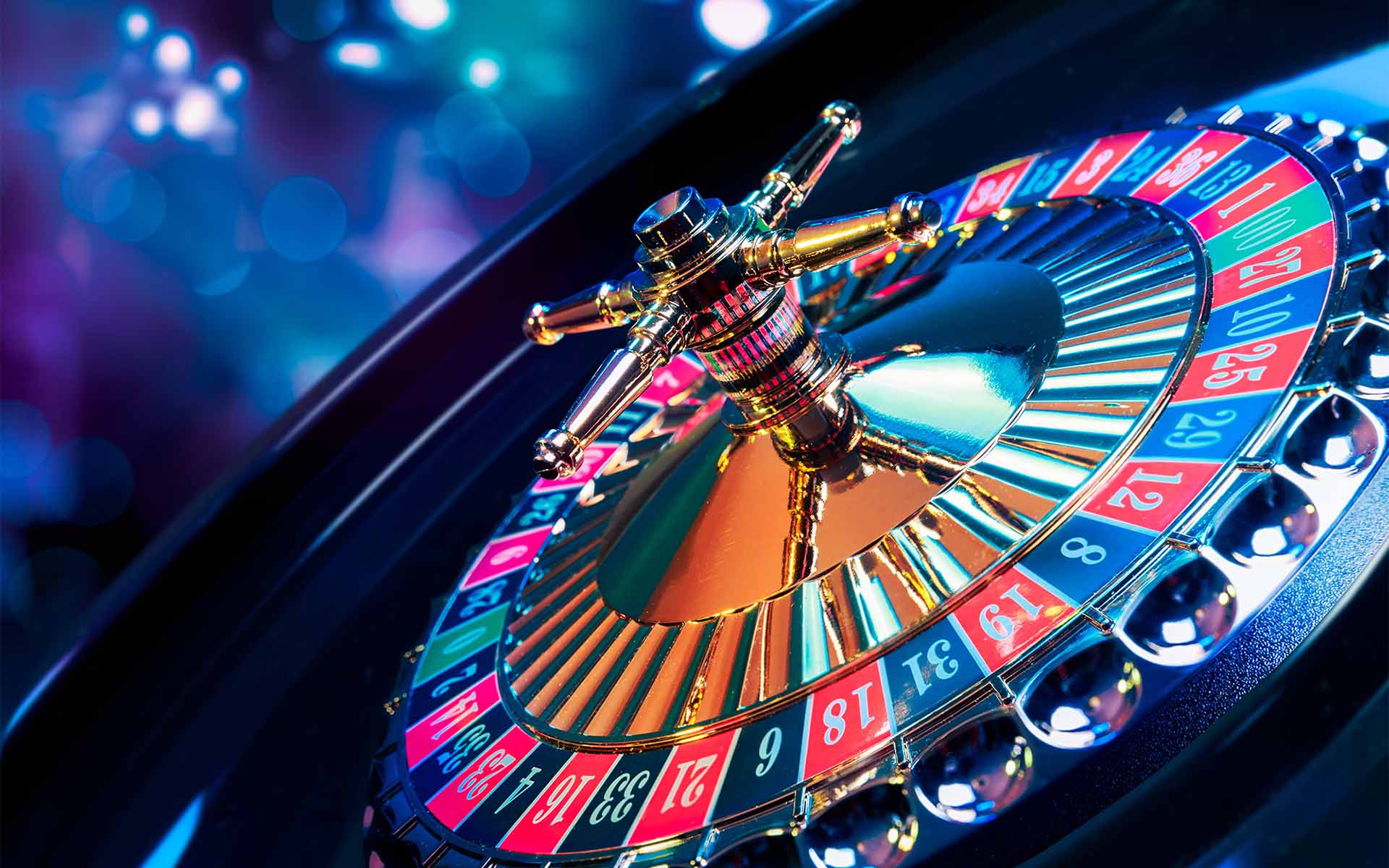
Casino games have enthralled enthusiasts for ages, luring them into a universe of excitement, fortune, and prosperity. From the sparkling lights of video slots to the tactical nature of poker tables, these experiences offer a special blend of entertainment and risk. However, below the facade of this glitz and style lies a sophisticated relationship of calculations that determines every conclusion and decision made within the gaming hall. https://78win01.cfd/
Grasping this connection between gambling games and math merely improves the player’s journey but may also help gamblers make wise selections. Whether you are a recreational gambler or a avid enthusiast, recognizing the mathematical principles at play can provide important knowledge into likelihood, odds, and approaches, eventually influencing how one deals with these games of chance.
Arithmetic Probability in Gambling
In the sphere of casino games, mathematical likelihood plays a critical role in assessing results and informing gambler decisions. Each activity has a unique set of regulations and a particular likelihood model that shapes its mechanics. For instance, in activities like roulette, players must grasp the probabilities of choosing a certain number or shade. The likelihood of certain occurrences occurring can be computed, and this understanding can substantially influence betting strategies.
Players also need to be aware of the casino advantage, which is the statistical advantage that gambling establishments hold over players in the long term. This edge differs across various activities. In 21, skilled players can use tactics to lower the house advantage to as low as 1 %, while in games like slot machines, the casino advantage can be much higher. Understanding the house advantage allows gamblers to make wise decisions about which games to play and how much to bet.
Additionally, probability is crucial in the concept of risk versus gain in gambling. Every wager carries a specific risk level, and gamblers must assess the potential return against that risk. Games like the poker game require gamblers to not only calculate the odds of their personal hand winning but also to assess the probabilities of their rivals’ hands. By utilizing mathematical concepts to their strategy, gamblers can improve their chances of success and participate more strategically in the exciting world of gambling games.
Anticipated Value in Gambling Activities
When discussing gambling games, one of the basic concepts rooted in math is the anticipated value. This numerical measure assists players grasp the potential outcomes of their bets over a period. In simple terms, anticipated worth (EV) determines the average amount a gambler can expect to win or suffer per bet if they were to play the activity repeatedly. Each activity has its unique EV, affected by the odds and the house edge, which indicates the benefit that the gambling establishment holds.
For instance, consider a game like the roulette game. The expected value can be calculated based on the particular bet made. If a gambler bets on a individual number, the return is 35 to 1, but the true chances of success that wager are 1 in 37 (in Euro the roulette game). This results in a negative expected worth, showing that, on the whole, players will lose money over time when playing this type of bet. Grasping this concept allows gamblers to make better educated decisions about which activities and bets may be more favorable.
Additionally, the investigation of expected worth can lead to better bankroll management. Gamblers who understand the mathematics behind their games are often able to set practical goals. 78WIN By recognizing their potential losses and profits, they can adjust their playing strategies appropriately, which may enhance their overall gaming experience. As a result, expected worth serves as a critical resource for both novice and seasoned gamblers to navigate the often unpredictable nature of casino games.
Tactics and Odds: The Arithmetic Behind Success
In gambling games, comprehending the chances is vital for participants looking to enhance their chances of success. Each contest has its own specific set of chances that establish winning outcomes, and these numbers are often found in the rules of the game rules or reward charts. For example, in activities like blackjack, gamblers can boost their probabilities through tactics such as counting cards, which is based on math principles to gain an upper hand over the house. By familiarizing themselves with the chances, gamblers can make more knowledgeable determinations on when to wager and when to quit.
Moreover, the idea of expected value holds a major function in gambling strategies. Average outcome calculates the average outcome of a bet over the long run, allowing gamblers to judge whether a specific wager is justifiable taking. For example, video slots have a fixed return percentage, which can show the typical payout a gambler can look for on their bets. By opting for activities with better expected values, participants can reduce the casino edge, enhancing their possible rewards in the over time.
Finally, successful players often employ a combination of chance and math strategy to enhance their gaming experience. While chance can’t be controlled, managing a betting strategy based on math insights can lead to more favorable outcomes. By utilizing techniques such as money management and game selection, participants can utilize math to navigate the random nature of gambling activities, making the most of their investments and money at the casino.
